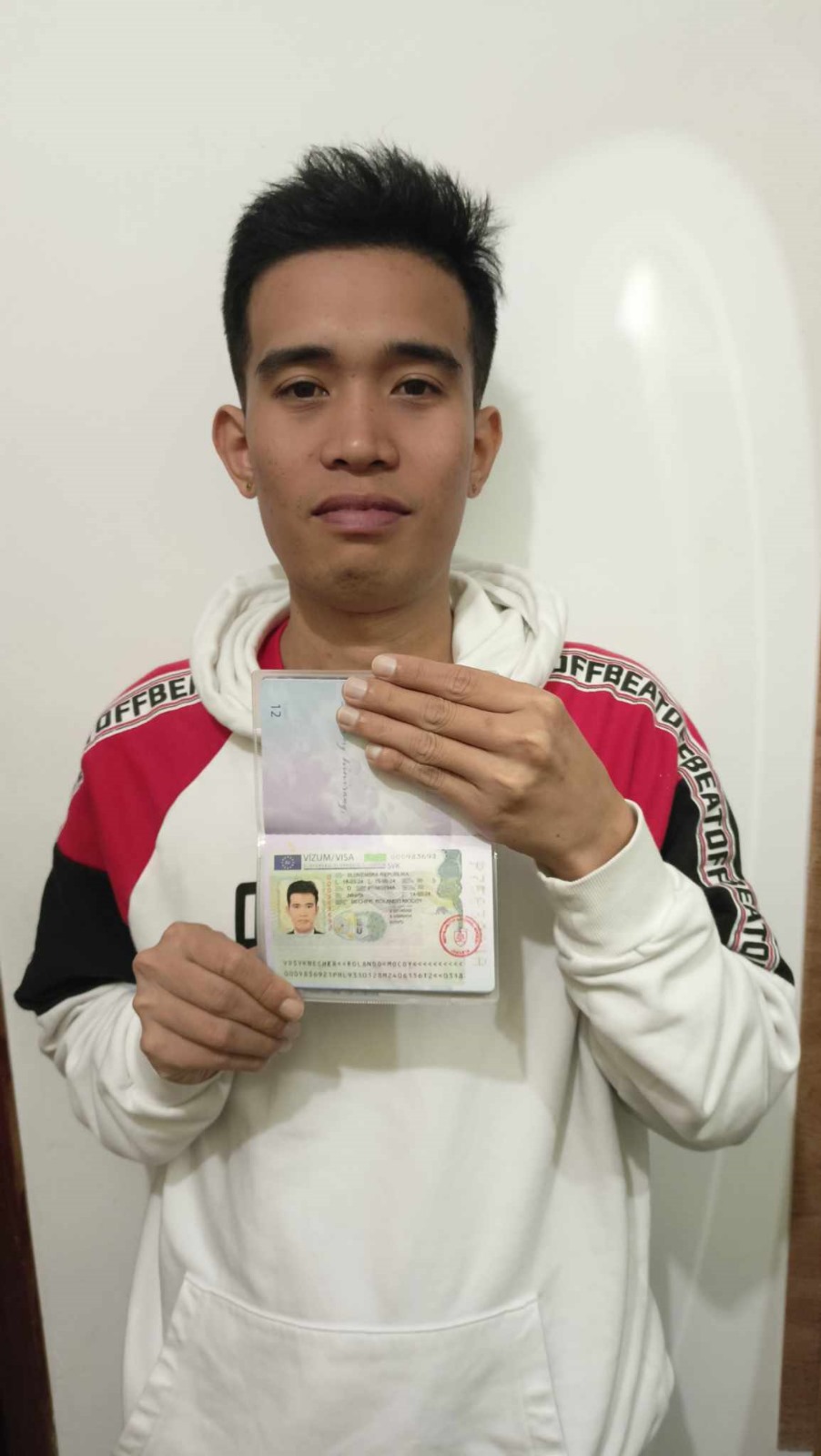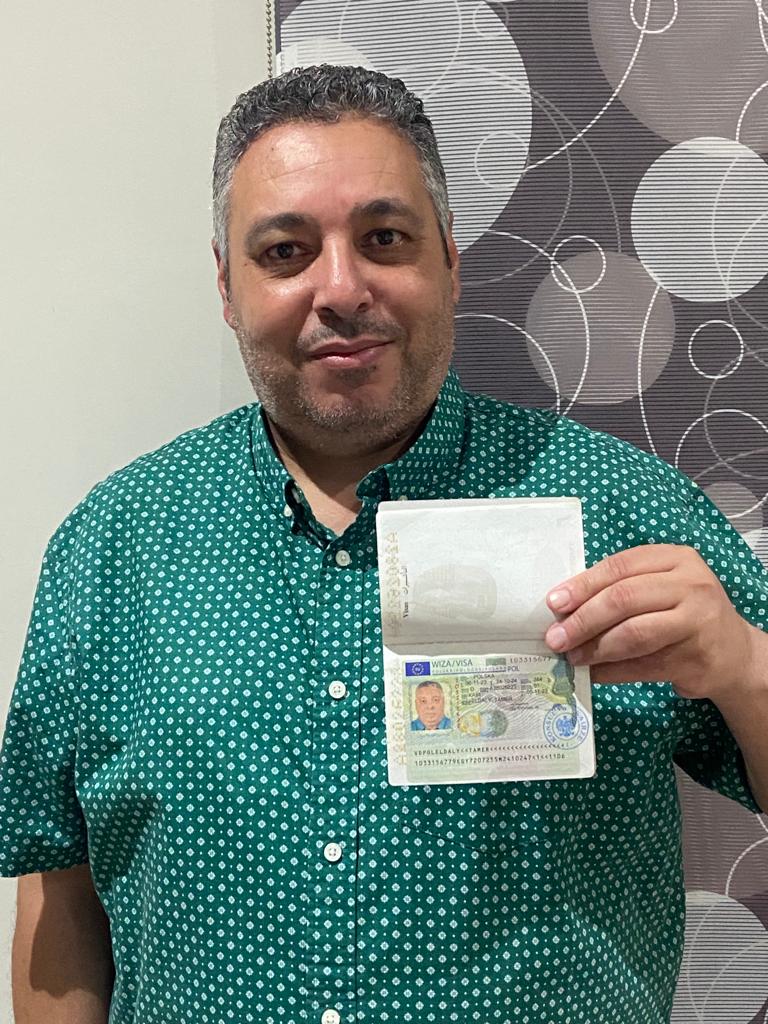Looking for inspiration
Global clients share how AtoZ Serwis Plus helped them secure work permits, visas, and career support across Europe. Real stories. Real results.
At AtoZ Serwis Plus, we help you build your future in Poland by offering trusted support for legal jobs, work permits, and visa processing—all tailored to your career goals.
Read MoreOur Solutions
Connecting employers, job seekers, students, and agencies across Poland and beyond.
Register as an Employer Partner!
Hiring skilled or semi-skilled workers for your company in Poland? AtoZ Serwis Plus helps you recruit reliable talent from Asia, Africa, CIS, and EU countries. We provide complete legal recruitment support, Poland work permit processing, and end-to-end onboarding solutions tailored to your business needs. Partner with one of Poland’s most trusted recruitment agencies today.
EmployerJob Seekers Registration!
Looking for a job in Poland? AtoZ Serwis Plus connects you with verified Polish employers offering legal job offers and work permits. We provide full visa support, document preparation, and transparent migration services. Start your career in Poland with confidence and expert guidance at every step.
Job SeekersRegister as a Recruitment Partner!
Are you a recruiter aiming to supply workers to Poland? AtoZ Serwis Plus offers trusted employer connections, verified job contracts, work permit assistance, and complete visa support. Grow your recruitment business by partnering with Poland’s leading migration and workforce solutions expert.
RecruiterDo you have any questions?
At AtoZ Serwis Plus, we guide you every step of the way. Our experts provide comprehensive support, including job search assistance, Poland work visa applications, qualification recognition, and basic Polish language learning. Whether you're a skilled worker or a first-time applicant, we make your migration journey smooth and reliable. To get started on your path to living and working in Poland, click one of the contact icons below and connect with our team today.












